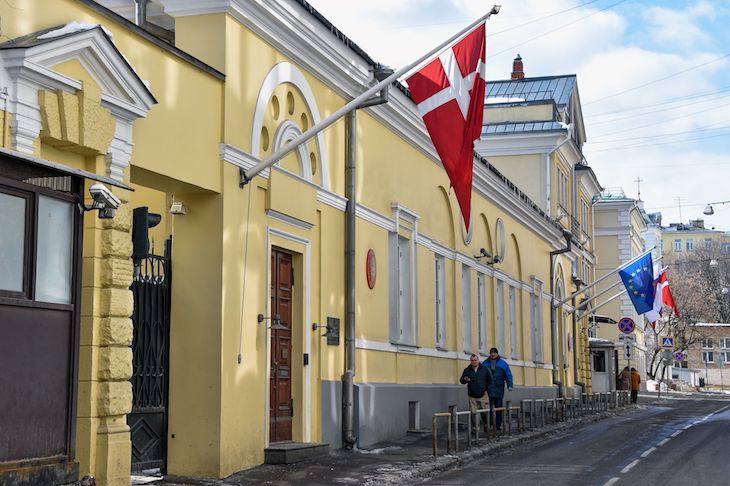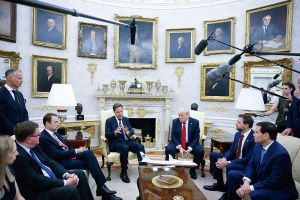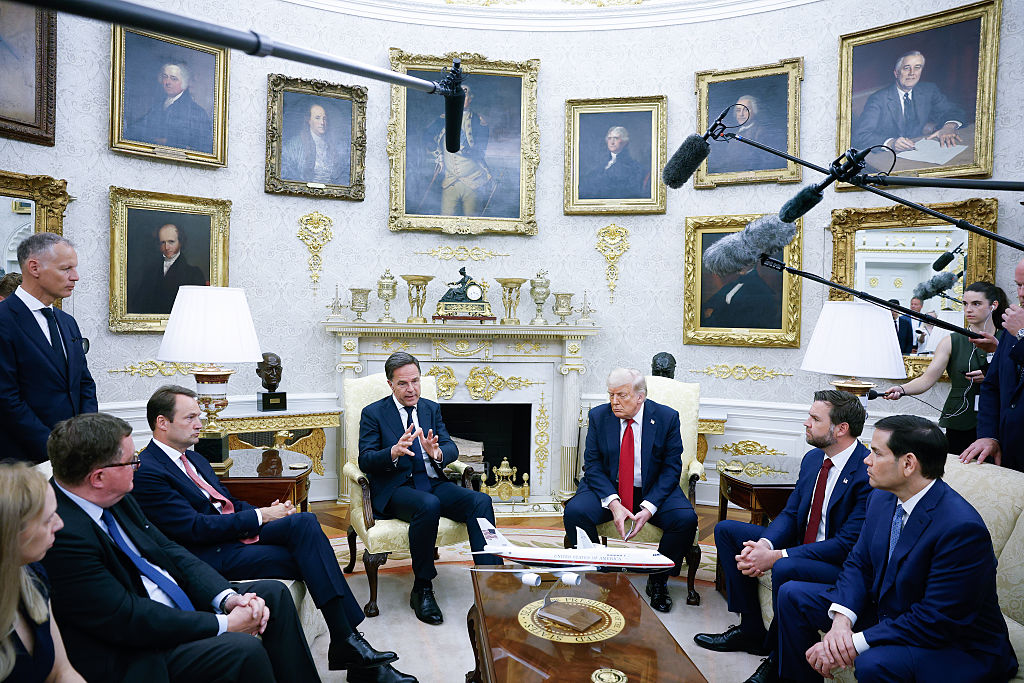Diplomats are poker chips. The pomp and mystery that accrues to the diplomatic and intelligence services en poste overseas conceal a simple truth: in today’s world, journalists, bankers, NGOs and bloggers are, far more often than not, better informed than diplomats about the countries in which they operate. I know this to be true in Russia – I speak to senior British and US diplomats in Moscow regularly. Believe me when I say that I can think of half a dozen veteran foreign correspondents in Russia who have considerably more extensive, diverse and senior contacts in the Russian establishment than any Western diplomatic mission.
And yet – the expulsion of diplomats matters, because despite their essential worthlessness they represent a kind of currency in international relations. The expulsion of a total of 160 Russian diplomats by 23 nations – more than any expulsion during the Cold War – sends a powerful signal of solidarity and disapproval to the Kremlin. It is also an undeniable diplomatic victory for Theresa May.
But does it hurt? Will it actually accomplish anything? Moscow yesterday announced that it would expel an equal number of Western diplomats, as well as close the US Consulate in Russia’s second city of St Petersburg, which represents a clear escalation in response to the US’s closure of the Russian consulate in Seattle. The White House, if it were to act in the spirit of true reciprocity, should choose to close the Russian mission in New York.
The point is that just like in a family game of poker, diplomatic chips have no real-world value. By the logic of that game, Russia has seen the West, and raised us. Even if all Russian diplomats everywhere were to be expelled, and vice-versa, the real cost to Russia would essentially remain zero. Russian state TV has, for some years, told its viewers that they are in a state of war with the West. Every response of the West to egregious Russian wrongdoing – from US and EU sanctions in the wake of the annexation of Crimea to the banning of Russian athletes from this year’s Winter Olympics in the wake of the discovery of a state-sponsored doping scandal – is presented to the Russian people as hysterical Russophobia motivated by the fear of the Kremlin’s rising power.
Going after the assets and visas of rich Russians in the West – often sloppily described as ‘Putin’s cronies’ – is also missing the point. Anyone who is currently mega rich in Russia has inevitably made their compromises with the regime. But Putin himself has been campaigning for some time for Russia’s oligarchs to bring their wealth back home. He will be only too delighted if the West helps him to do so. Putin’s own money, and that of his true cronies, is safely stowed deep offshore beyond the reach of the US Treasury or of HM Revenue and Customs, as the Panama Papers leak of 2015 showed. Yet at the same time a swathe of Russian oil companies – and indeed the Russian Central Bank – rely on Western capital markets to keep the country’s economy going. Rosneft is listed on the London stock exchange (its stock has gone up five per cent since 1 January, despite the Skripal affair); Russian state-issued bonds are sold in Western bond markets. If the West really wants to send a powerful signal to Moscow, and perhaps make ignoring the rules too expensive for Putin politically and financially, it needs to hit the Kremlin in the pocket – not just play symbolic games with valueless chips.

























